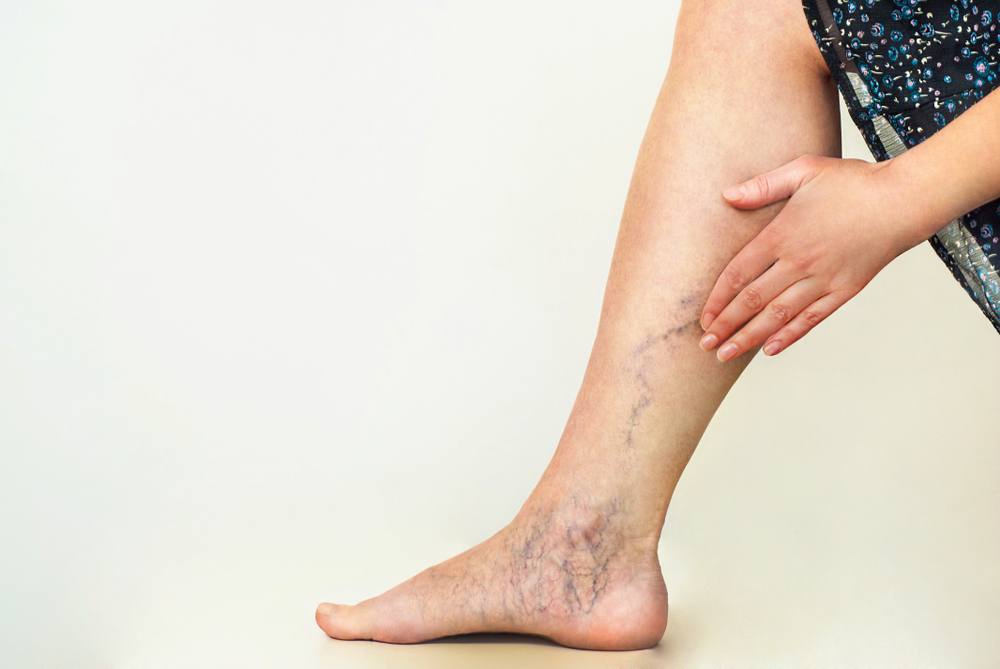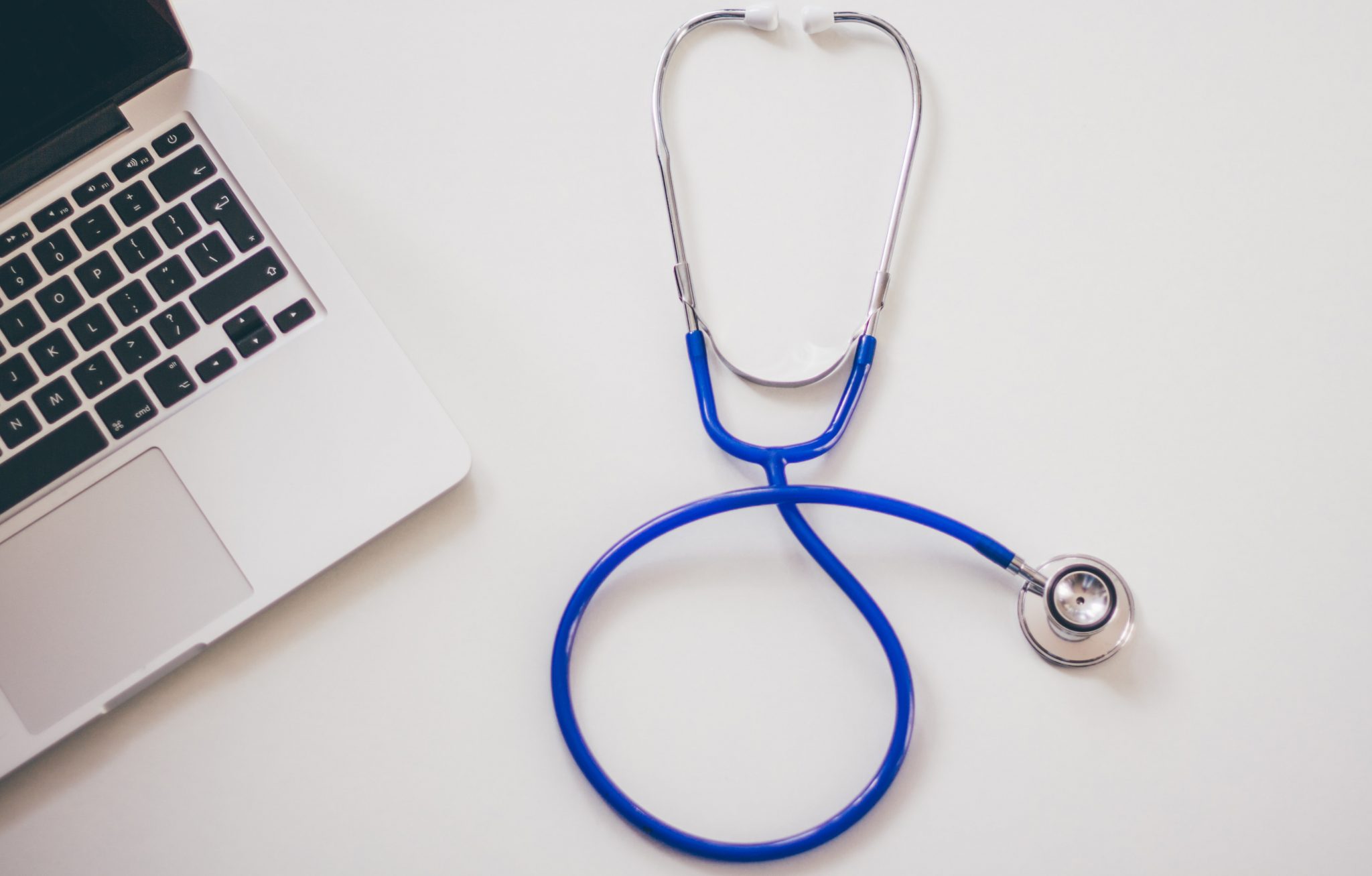Life Changes After a Heart Attack
If you or a loved one has experienced a heart attack, you may be wondering what life changes you’ll need to make afterward to protect your health. Once you’ve already had a heart attack, it’s more important than ever to make some lifestyle changes to prevent another one and avoid further heart complications.
Some of the lifestyle changes you should make after having a heart attack are:
- Keep up with regular doctor appointments.
- Cultivate a support network.
- Attend a cardiac rehabilitation program.
- Take your prescribed medications as directed.
- Adopt heart-healthy habits.
We’ll go over in more detail how you can care for yourself after having a heart attack so you can decrease your chances of having another or developing other health conditions.
Immediately After a Heart Attack
Generally, you’ll need to spend up to a week in the hospital after having a heart attack. The doctors will want to monitor your heart and make sure that it’s safe for you to return home. In some cases, if surgery was needed, you would end up needing to spend a longer period in the hospital to recover.
While you’re hospitalized for a heart attack, be sure to let the doctors know about all the medications and supplements that you’re taking. Some of these may need to be adjusted or discontinued in response to your heart condition. Certain medications and supplements do not mix well together so, for the sake of your health, share all this information with your doctor.
Sometimes it can be difficult to recall all the information about your medications and supplements when you’re in a stressful situation such as having had a heart attack. It’s a good idea to have a list written down with everything you’re taking and keep it in your purse or wallet. You can even keep a list stored in your cell phone for easy access. It would also be smart to share that list with a family member so they can relay the information to your doctor if needed.
Keep Up with Regular Doctor Appointments After a Heart Attack
Even if you used to avoid going to the doctor prior to your heart attack, it is essential that you visit with your doctor regularly to have your heart condition monitored. Your doctor will be able to pick up on any potential issues early on and can treat them before they progress. If you skip appointments, an underlying heart condition can be missed and may not be diagnosed until it is more advanced. Prevention is key and your heart health will be better for it.
Cultivate a Support Network
A heart attack can bring on different emotions such as fear and worry about your health and safety. It can help to surround yourself with people who are supportive and can be relied on if you need extra assistance. Reach out to friends or family that are sympathetic to your concerns and will be there to listen and help out as needed.
You may even want to make an appointment with a therapist who can help you through any of the stress or anxiety you may be experiencing after your heart attack. It can be helpful to connect with others who have also had a heart attack so you can share your experiences and even pass on some post-heart attack self-care advice.
Attend a Cardiac Rehabilitation Program
Cardiac rehabilitation programs are designed to help you recover from a heart attack and educate you about how to care for your heart afterward. The hospital where you were admitted may have an outpatient cardiac rehabilitation program. Otherwise, your doctor can refer you to a heart care center that has a cardia rehab.
If you’re tempted to skip the program, as some people do with physical therapy after an injury, you may want to rethink it. Participating in cardiac rehabilitation can actually cut down on your recovery time which is a huge incentive. It can also connect you with heart health professionals and other heart attack survivors that can become part of your support network. In a cardiac rehabilitation program, you can gain some tools you can use to protect your heart health, such as exercises and stress relief techniques.
Take Your Prescribed Medications
After a heart attack, you’ll most likely receive prescriptions for new medications that can help address the underlying causes and can possibly prevent a future heart attack. Be sure to take these as your doctor has prescribed them. If you notice any troublesome side effects, make an appointment with your doctor to talk about possible alternatives. Never discontinue your medication without your doctor’s approval.
Adopt Heart-Healthy Habits
If you’ve been lax about healthy habits before your heart attack, it’s time to change that up. You’ve seen firsthand how lifestyle choices can negatively impact your heart health and your focus now needs to be on making the changes necessary to decrease the risk of future heart attacks. Even if heart disease runs in your family, you can still decrease the risk by adopting heart-healthy habits.
Some of the most important lifestyle changes to make to support your heart health are:
- Quit smoking as soon as possible. This habit is so detrimental to your heart health so get whatever support you need to rid your life of cigarettes. Don’t ever feel like it’s too late to quit. After just one year of quitting, your risk of heart disease is cut in half compared to that of a current smoker.
- Maintain a healthy weight since excess pounds can put an additional burden on your heart.
- Get your blood pressure under control. High blood pressure is problematic for your heart so try to decrease your stress levels and cut back on sodium.
- Manage your blood sugar. A high fasting glucose level may indicate prediabetes and if it develops into type 2 diabetes, this can be an issue for your heart health.
- Keep your cholesterol in the healthy range. High cholesterol plays a large role in the health of your heart, so talk to your doctor about statins or red yeast rice supplements if you’re struggling to lower your cholesterol.
- Clean up your diet. For optimal heart health, consume 2 to 3 cups of vegetables and 122 cups of fruit per day. Choose whole grains over refined carbohydrates and aim for 25 grams of fiber daily. Cut back on foods high in sugar, sodium, and saturated fat. Choose lean proteins and avoid fatty or processed meats.
- Take part in physical activity regularly. It’s important not to overexert yourself, especially after a heart attack, so talk to your doctor about which types of exercise would be safe for you.
Summary
Now you know how to care for your physical and mental wellbeing after having a heart attack. Making certain diet and lifestyle changes can add to your quality of life post heart attack.
While a healthy diet and lifestyle are extremely helpful for a strong cardiovascular system, it’s important to seek out professional care if you have a history of heart disease or experience any symptoms related to heart disease. If you’re experiencing symptoms of poor cardiovascular health that don’t respond to diet and lifestyle changes, contact us today to book an appointment.





